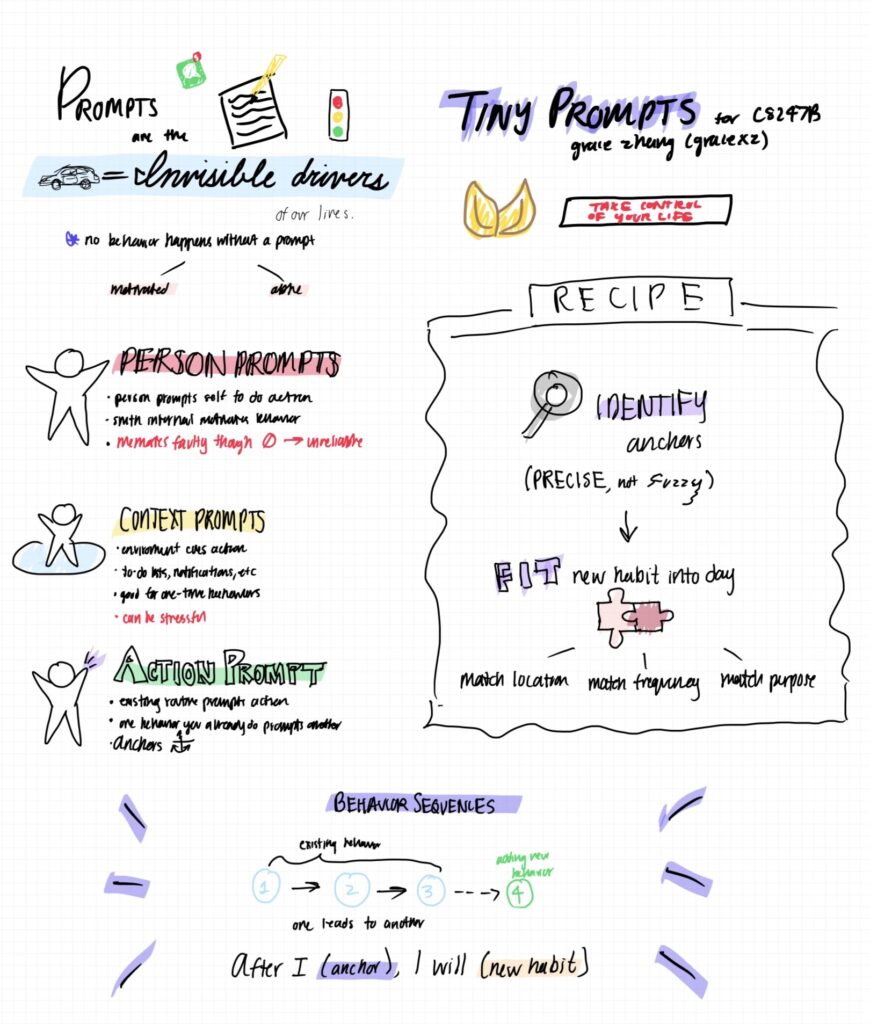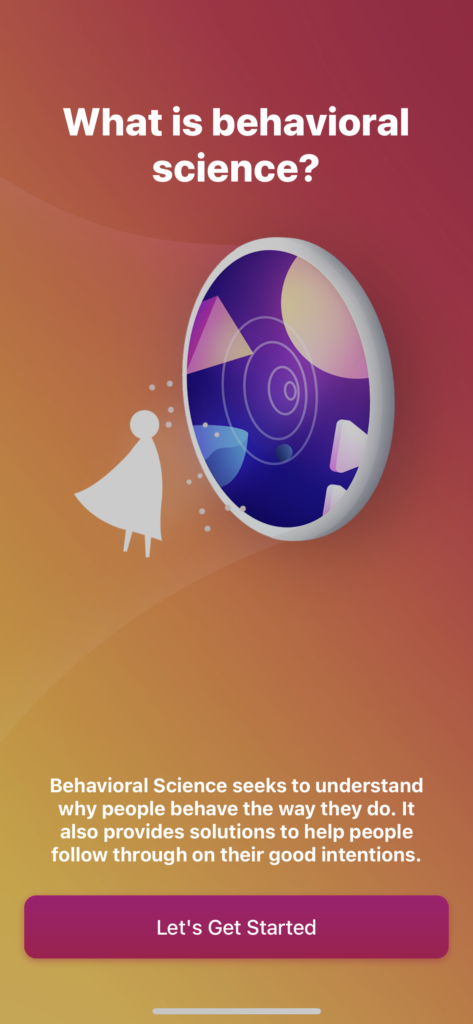The Finding Jobs to Want article states that there are seven values for ranking jobs: meaningful, allows leisure time, accumulates money, bestows power, radiates prestige, and provides security. Ever since I graduated from college around seven years ago however, I’ve employed a similar but different framework – the Ikigai, a Japanese philosophy of a ‘reason for being’. Ikigai posits that, when choosing a job, a balance should ideally be struck between four criteria – you love it, you are good at it, the world needs it, and you get paid for it.
While a simple framework to follow, I have found that my peers struggle with the third criteria of Ikigai the most: “does the world need it?”. Being trained as a civil engineer, this criteria (or question) has felt heavier for me as my potential job will inherently be close to providing society’s basic needs – shelter and infrastructure. Nonetheless, that criteria has been what’s most important to me, which is why I always go out of my way to be fully in service of what I think the world needed; the first half of my career I became a tunnel engineer to help metro construction in South East Asia; the second half I am working for construction technology companies to better the industry’s productivity).
Though not a construction company, I have recently become more aware of Facebook’s job openings in their real estate and infrastructure development team, which can use a fellow like me and my skill sets. However, as it remains, I think there are two main reasons why I think Facebook is a less than ethical company to work for (1) I don’t think social media is a primary need on this earth (2) the company has on multiple occasions prioritized their growth over their users needs e.g. data violations, predatory features etc. For those reasons, if an opportunity presents itself for me to work at Facebook, my knee-jerk reaction would be to decline it.
While the Working for Ethically Complicated Organizations article provided some tools to overcome some moral dilemmas of working at an ethically ambiguous company, I personally feel like it’s going out of its way to avoid a more important question – “Is this really the only option I have?”. For me, this question has always been simple to answer because as a civil engineer, there are multitudes of other ethically better companies to work for – I could work for an engineering consulting firm to help build the next high speed rail, I could work at a construction company building affordable multi-family housing, or I could work for the government to manage the finance of an infrastructure project – the list goes on. As Stanford graduates – I can hardly imagine that we’re limited in our options.


